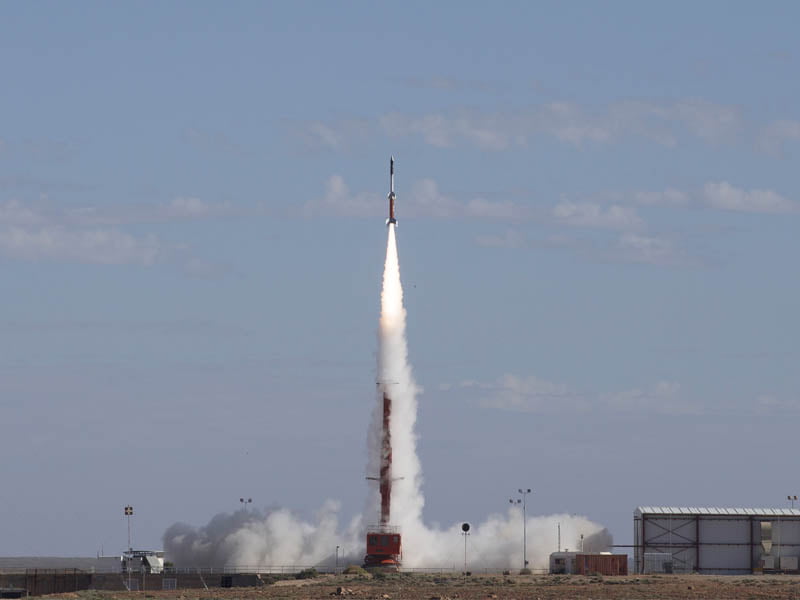The federal government is expected to provide $50 million to the national space agency in this week’s budget, but one of the country’s most vocal and active space industry experts says at least double this amount is needed for the agency to be successful.
The ABC has reported that Tuesday’s federal budget would allocate $50 million in “seed funding” for the Australian space agency, with the “lion’s share” of funding needed expected to be provided by the private sector.
The government was handed an expert review commission’s report on a space agency in March, and is expected to respond to its recommendations in the budget.

It is also expected that former CSIRO boss Megan Clark, who led the review, will head the space agency during its establishment phase.
There is an urgency for the government to reveal its policy stance with the opposition having revealed that it would commit $35 million to establish a space agency if it wins the next election to increase Australia’s share of the $400 billion global industry.
But James Gilmour, director and co-founder of Queensland-based Gilmour Space, said he would have liked to see at least $100 million set aside for the space agency, with an annual operating budget of around $20 million.
Ideally, the agency wouldn’t simply be slid under the aegis of an existing department, but a distinct agency of its own with an independent ministerial mandate.
“We can’t have another layer of bureaucracy. That is not going to harbour and sustain innovative space technology and space exploration,” Mr Gilmour told InnovationAus.com.
“It needs to have a ministerial mandate that cannot be squashed by parliament and there needs to be a good level of funding to support staff, public-private technology projects and collaboration with other space technology partners,” he said.
Mr Gilmour also recommended the new agency’s R&D functions be conducted on a cooperative basis with third parties with an increased focus on the commercial rather than academic sector.
“The worst thing about humanity is that they keep doing the same thing and expect a different outcome. I think there’s some fundamental difference between academic mindset and commercial aspirations of business,” Mr Gilmour said, referring to the Australia’s current space capability development to be concentrated in universities.
Mr Gilmour said that one of the agency’s key roles would be around providing an industry point of conduct for coordinating the reform of the Space Activities Act, which may make Canberra a natural location for its headquarters.
One the major issues the industry is grappling with is whether any civilian space ports that may result from increased capability would require government funding support. Mr Gilmour said this was likely to be a point of discussion.
The optimal location for any national space port also remains up in the air. To date, attention has been focused on South Australian consortium petitioning for facility and the efforts of Equatorial Launch Australia which has already sublet 275-hectares of land in Gove in the Northern Territory.
The Gove location has already attracted negative attention, with independent Member for Nhulunbuy in the Northern Territory’s Legislative Assembly Yingiya Mark Guyula, arguing it will bring no benefit to the local indigenous people.
Now, Mr Gilmour has thrown a third location into the mix in Queensland.
“I’ve suggested to a couple of institutions who are exploring setting up a space port that just north of Mackay would be a great area to explore,” he said.
Labor is aiming to double the size of Australia’s $4 billion space industry within five years and create 10,000 new jobs.
Its package includes four new space research hubs and two training centres, a new space innovation council, a supplier advocate and a commitment to funding research into advanced space manufacturing technology.
Australia is one of only two OECD countries without a dedicated space agency.
Do you know more? Contact James Riley via Email.

